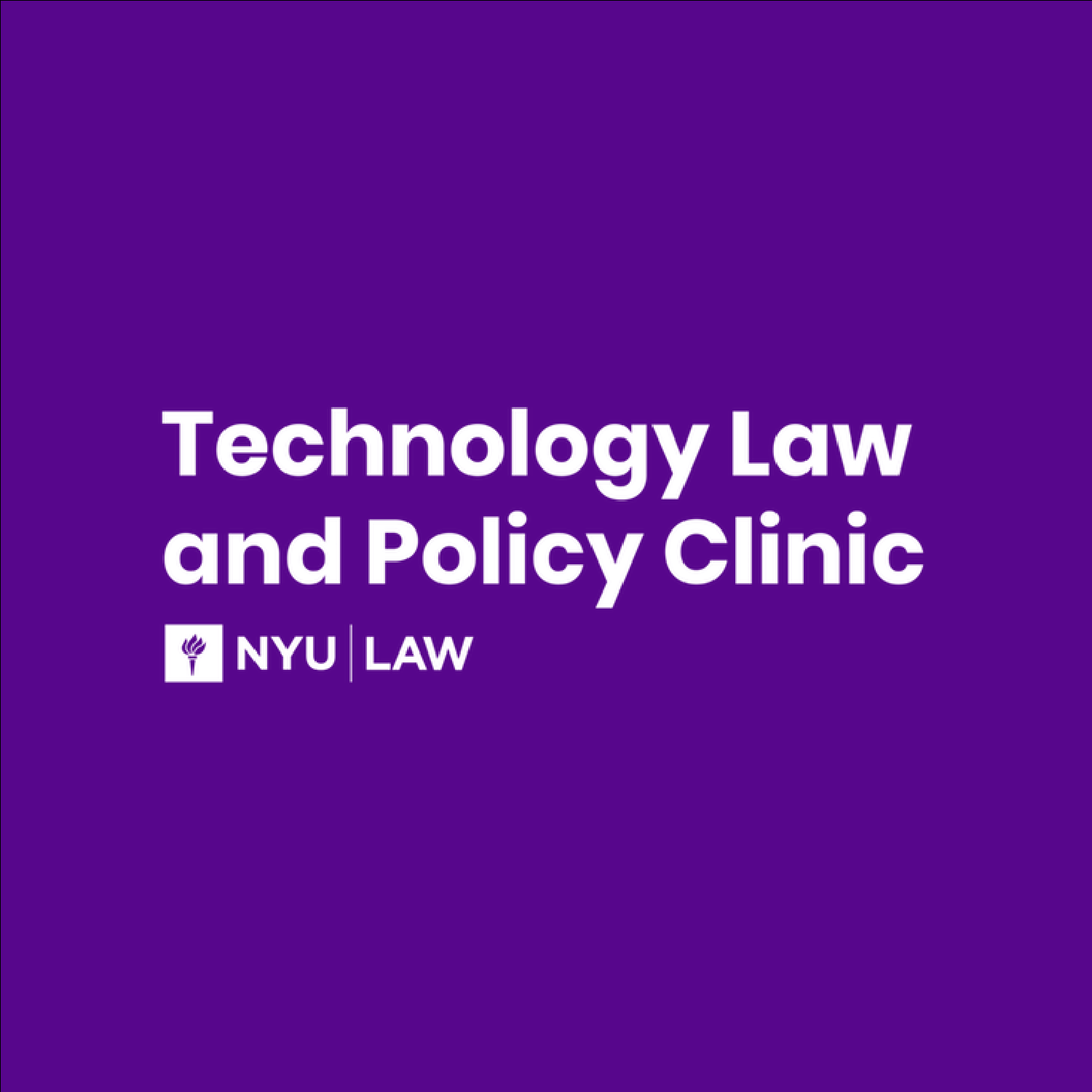NYU TLP Clinic and Leading Copyright Scholars Highlight Importance of Fair Use Protections for Digital Library Lending

By Justin Jin (‘24) & Abby Schmidt (‘24)
NYU Law’s Technology Law and Policy Clinic filed an amicus brief in the Second Circuit on behalf of a group of copyright scholars to defend the ability of libraries to expand access to their collections using Controlled Digital Lending (CDL) in Hachette Book Group, Inc. v. Internet Archive. This appeal comes after a District Court ruling in favor of Hachette and other publishers which badly misunderstood key factors in the fair use analysis, slamming the door on the educational and accessibility-increasing uses that CDL makes possible.
The copyright scholars’ brief was submitted last fall, and this blog post reporting on the project was unfortunately delayed for several months. Meanwhile, the Second Circuit ruled for the publishers in the Hachette case, finding that the specific digital lending system employed by the Internet Archive was not protected as fair use. The outcome is not the one we hoped for, but we believe emphasizing the importance of maintaining fair use protections for certain kinds of digital library lending is all the more pressing in light of the recent Second Circuit’s decision. The student-authored blog post below outlines the key arguments we made in the copyright scholars’ brief.
Controlled Digital Lending systems allow libraries to make their collections available to those who traditional print collections exclude. From print-disabled patrons to those unable to practically travel to the library, CDL expands the range of people able to engage with cultural works in a way that the limited range of titles and interoperability of publisher-licensed ebooks would make impossible.
Libraries have utilized CDL for over a decade, beginning with the Internet Archive’s Open Library project in 2010 and expanding through major institutions like the Boston Library Consortium and the Georgetown Law Library. These systems scan copies of books they have purchased, maintaining a one to one scanned-to-purchased ratio by removing the scanned copy from circulation. Patrons can check out these digital versions as they would a print book, with return dates and prohibitions on copying the digital file enforced by various technological protection measures.
Publishers have been suspicious of library lending from the start, advancing (unfounded) fears that borrowed books would cannibalize sales. With the advent of ebooks, publisher anxieties only grew. In response, they have set prices for library ebook licenses nearly an order of magnitude higher than individual licenses, required regular renewal payments after either a set number of lends or a few years, and sought to constrain statutorily protected practices like inter-library loan through contractual provisions. Smaller libraries have even reported price gouging schemes, such as publishers charging higher prices for later books in a series or requiring libraries purchase bundles of licenses. Publishers are slowly bleeding libraries dry, forcing cuts to print or less popular elements of collections in order to maintain access to a dwindling amount of bestsellers.
The amicus brief asserts that CDL is fair use and stressed two main points: CDL’s purpose and character, which align with the goals of copyright law, and the extent to which CDL’s public benefits offset the limited market harms. Nonprofit libraries lending their collections to patrons, one copy at a time, is a function that copyright law has long recognized as vital for enhancing public access to knowledge, and the move to a digital format does not change that underlying rationale. In addition, the creation of a CDL system is transformative because it expands the functionality and utility of the scanned works, furthering copyright’s aim of “promot[ing] the Progress of Science and the useful Arts”. The brief further argues that CDL provides an array of benefits, from expanding access to books to improving accessibility for the disabled to limiting abuses of copyright, and further that the market harms publishers allege may not be harms that the copyright system cares about.
The students in the Technology Law & Policy Clinic who worked on the brief hope that the perspective on copyright law it provides, co-signed by a group of respected intellectual property scholars, sways the Second Circuit to re-examine the fair use analysis in this case. A ruling that reverses, or even qualifies, the district court’s view of CDL would be a massive victory for the ability of libraries everywhere to continue serving their communities in this era of digital media consumption.
